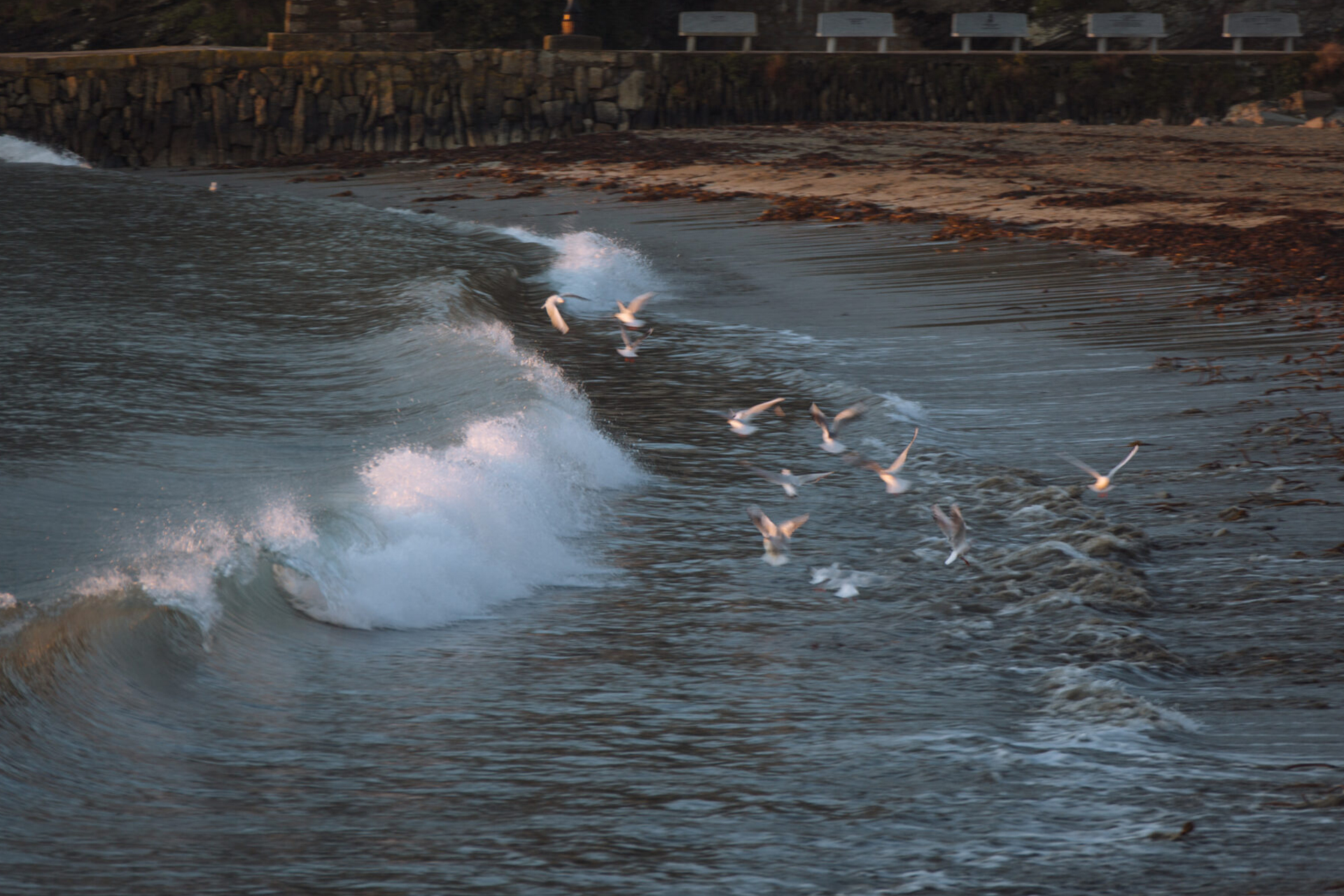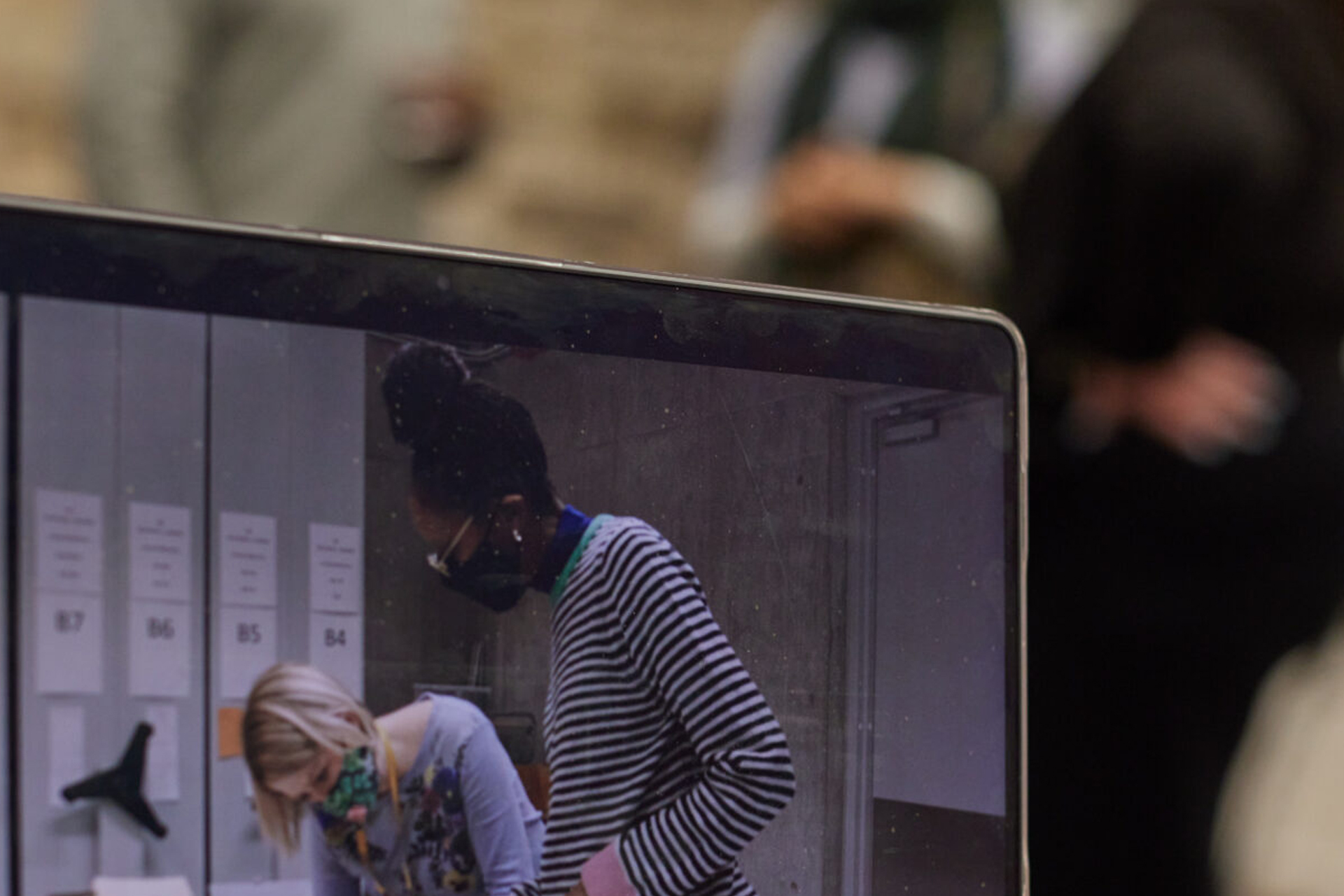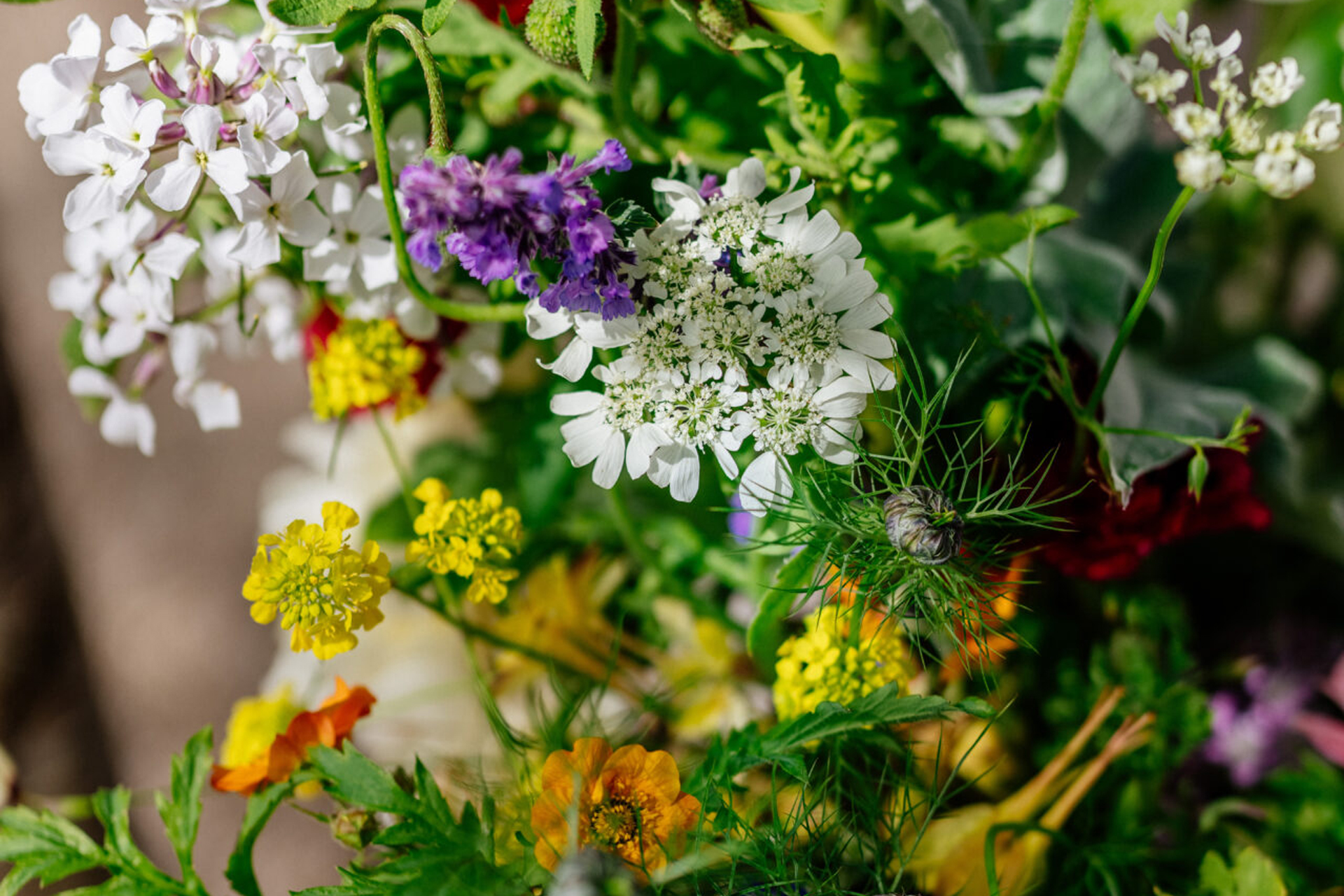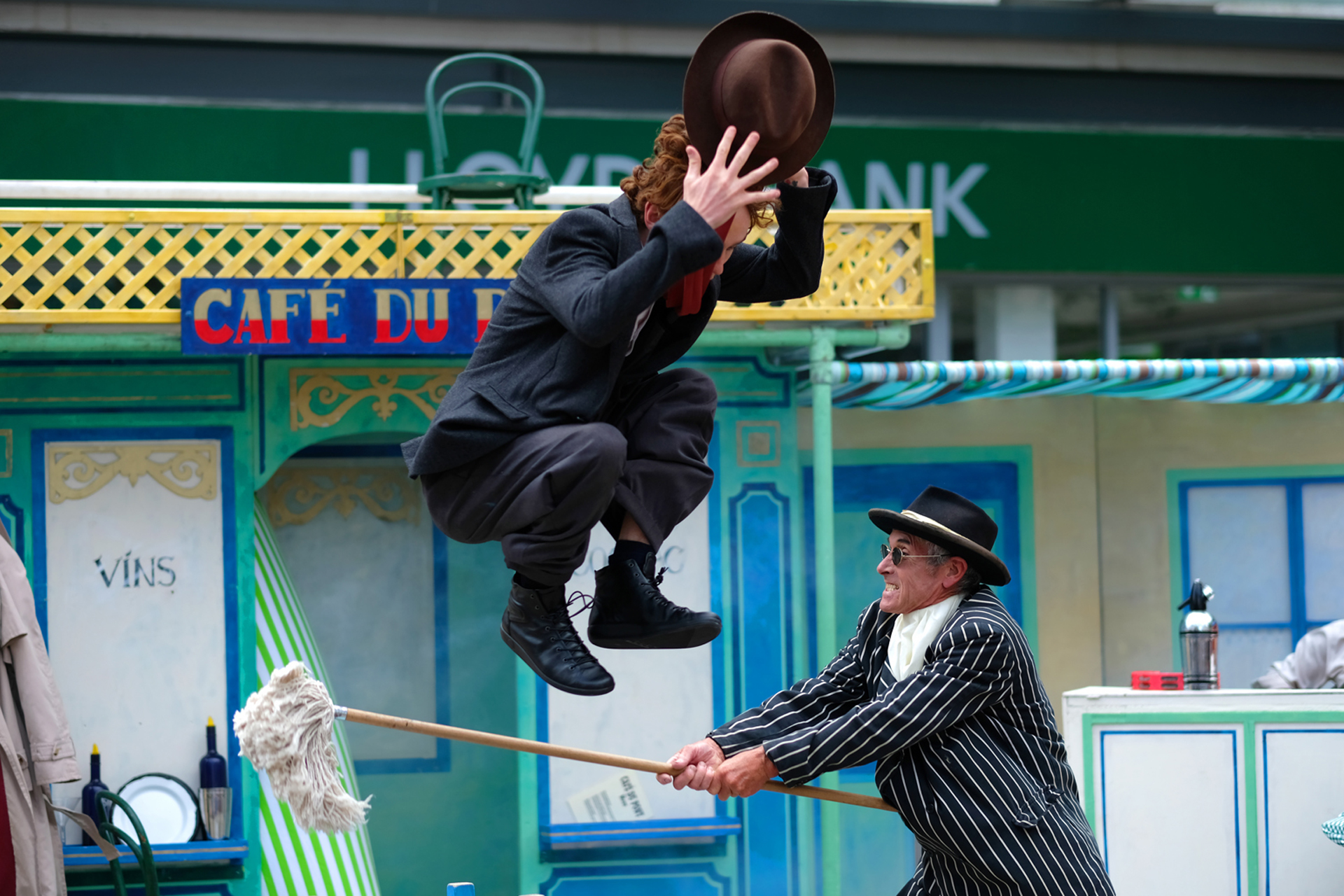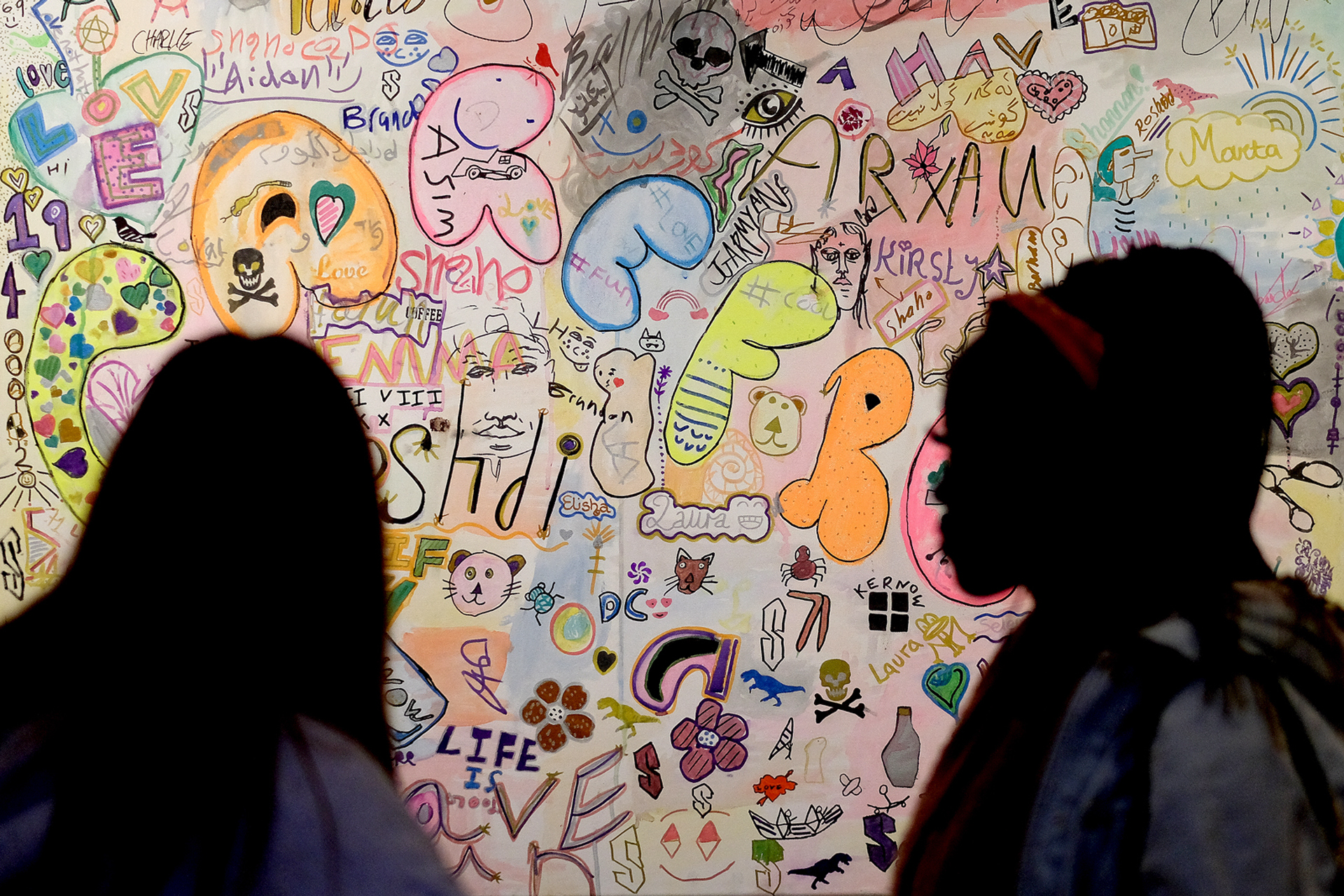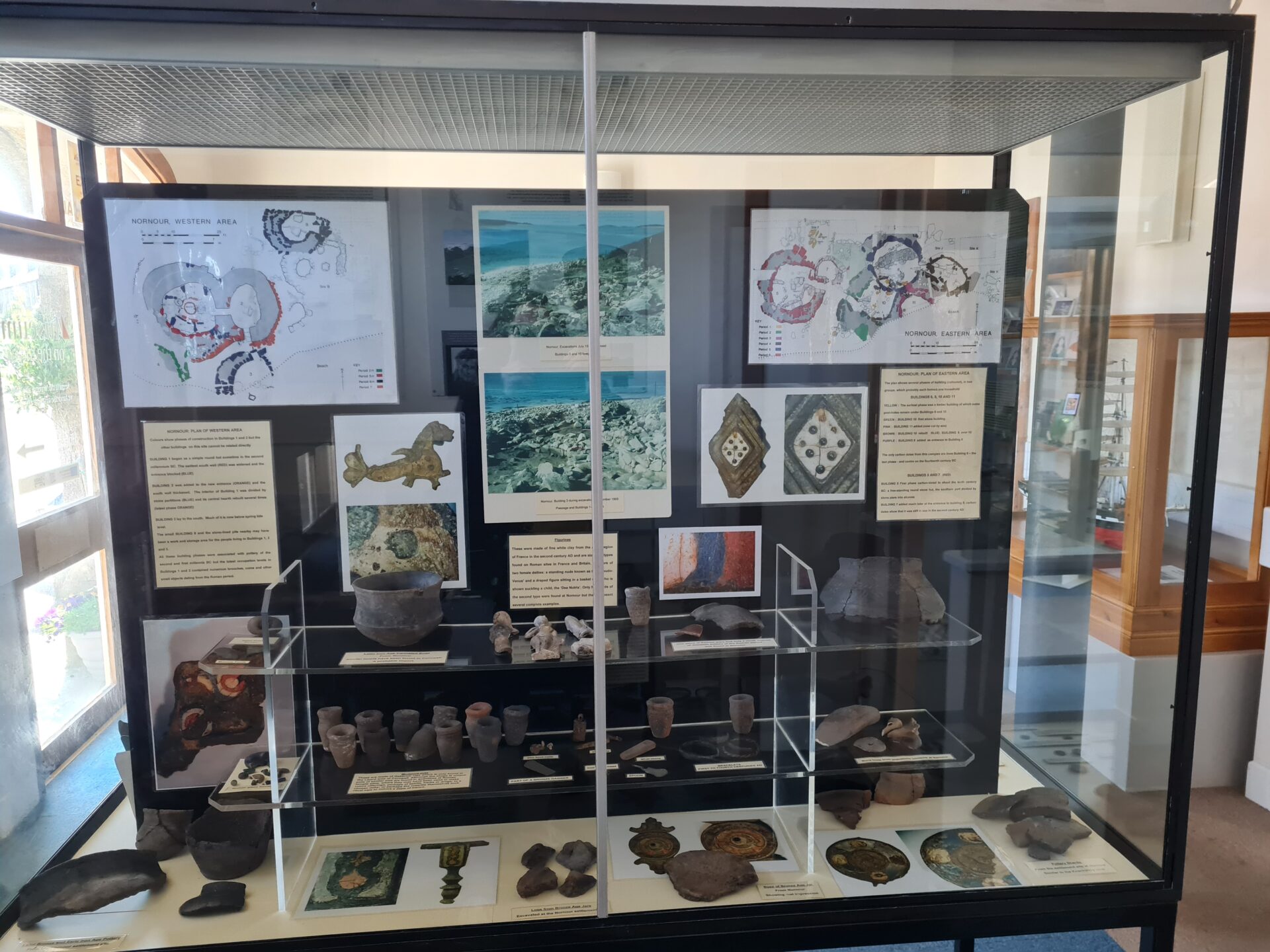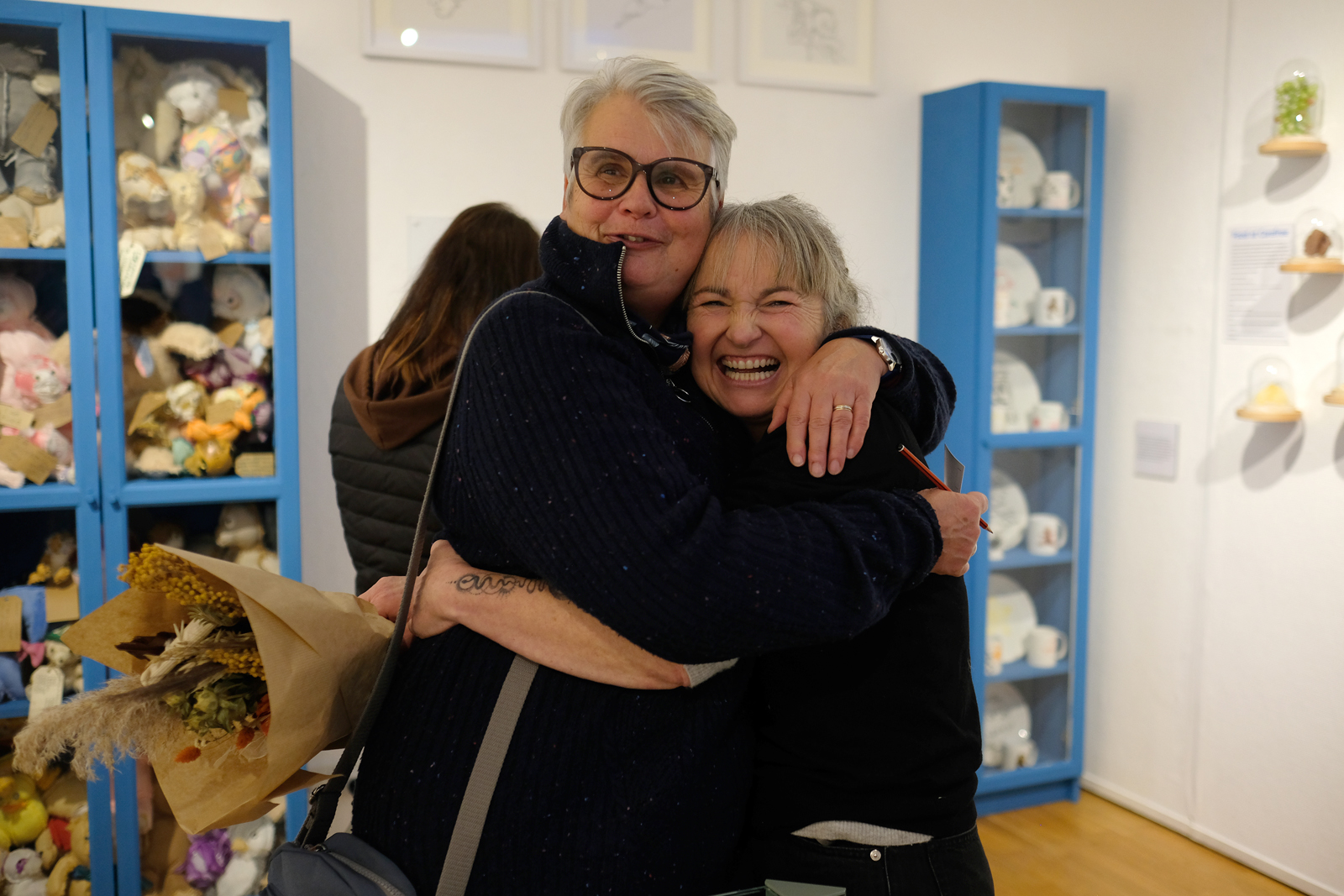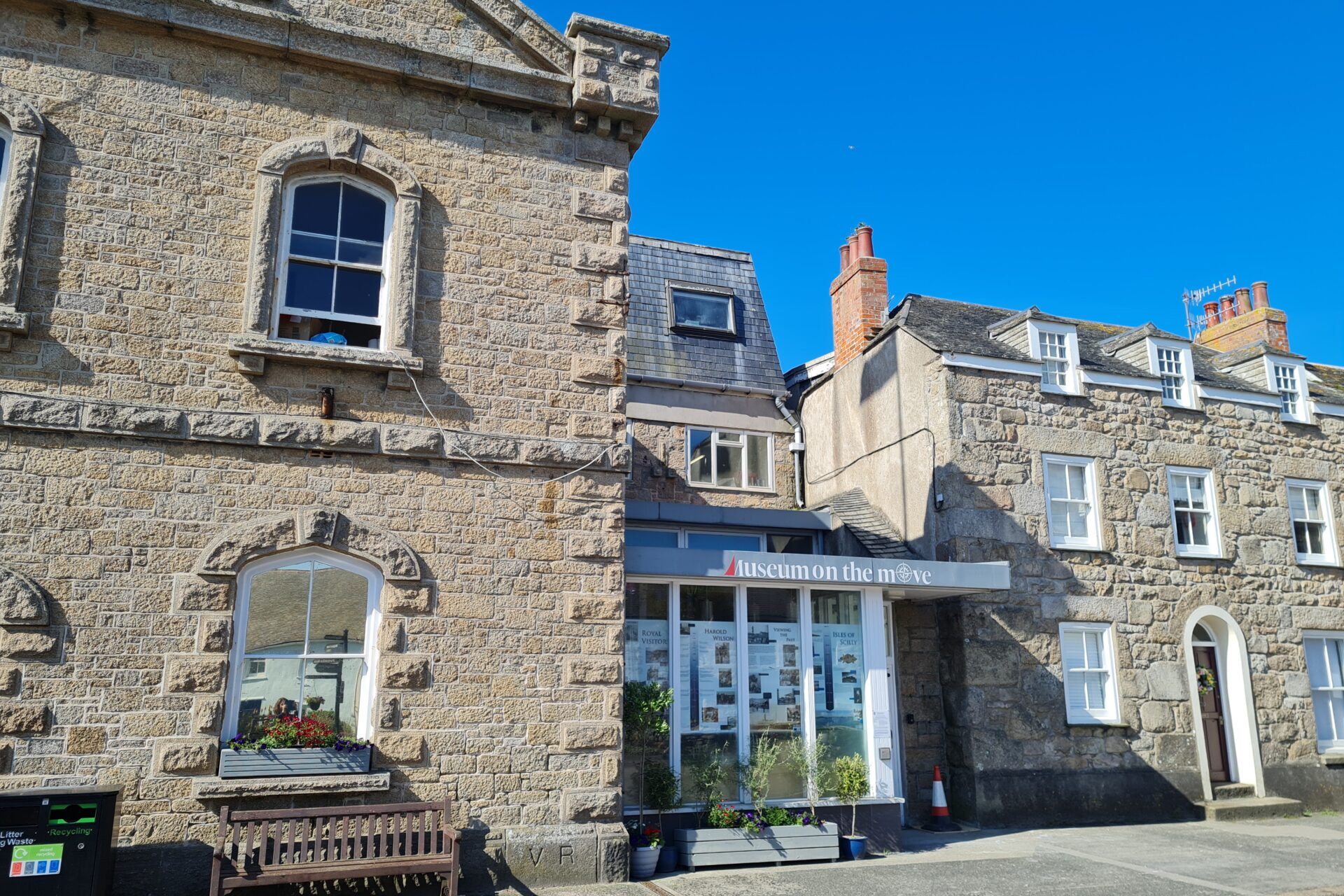
With integrity being one of our core values, we are continually striving to improve our practices by acting on internal reflection, collaborative evaluation and listening to what we’re told – even if it’s not what we’d like to hear. We also aim to always act with transparency – not just with regards to our successes, but also with our failings.
This year we took part in the FailSpace programme – led by Leeds University and Queen Margaret University, Edinburgh – which felt wholly in keeping with our organisational ethos and culture.
Designed to enable the cultural sector to talk more productively about failure, the Failspace framework has given us the reflective stance we’ve been looking for to shape our understanding and admittance of failure. As a way to open the dialogue and to reflect and learn on our failings, here are the things that didn’t go to plan for us this year.
Last summer we undertook a listening exercise which was initiated and led by our new CEO Tamzyn Smith. The aim was to hear what people valued about CMP, what could be done differently, what should be prioritised and what were the concerns and challenges.
In a sector of over 70 museum and heritage settings with varying size, constitution, collections, staffing and offer, it was clear that CMP plays a critical role and is very much needed and valued.
This is what our stakeholders told us that we need to change, improve or continue doing:
- be clearer about what CMP offers and who can access it
- be responsive to practical needs and questions as well as horizon-scanning to respond to future trends and opportunities
- convening and providing networks to share challenges and solutions
- identify and provide routes to apply for, manage and unlock support and funding for more and different museums
- provide leadership and support to drive key areas of policy and professional practice.

